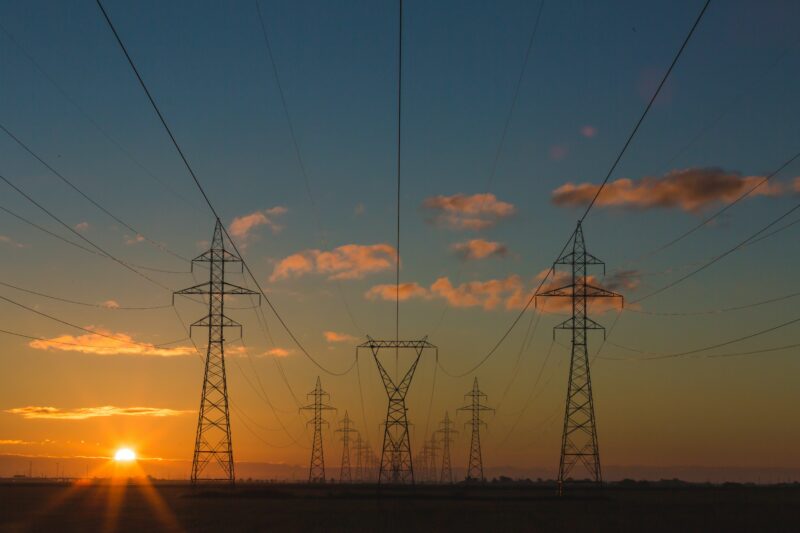Solution provider

European Energy is a global renewable energy developer of wind, solar and Power-to-X projects.
Case
Power-to-x
Green hydrogen


European Energy is a global renewable energy developer of wind, solar and Power-to-X projects.
Add the case to your visit request and let us know that you are interested in visiting Denmark
Producing energy for sectors that cannot rely on electrification to lower their emissions requires thorough research and testing of technology that can produce green alternatives to fossil fuels. At the University of Aalborg, a green methanol test facility has worked with Danish Power-to-X technology to produce green e-methanol from renewable energy sources. The end-product is essentially electricity in liquid form.
Electrification is an important pathway to a zero-emission future, but it can’t stand alone. Sectors like shipping can’t simply plug in a battery and go. Thus, producing energy for sectors that cannot rely on electrification to lower their emissions requires thorough research and testing of technology that can produce green alternatives to fossil fuels. Furthermore, for these technologies to be commercially scalable, they must work in tandem with existing distributive infrastructures.
The Danish Power-to-X company ReIntegrate is behind Denmark’s first Power-to-X plant for green methanol production at the University of Aalborg. ReIntegrate has developed a decentralised production technology that produces green e-methanol from renewable energy sources and sustainable CO2 captured from biogas plants. Green hydrogen and CO2 is mixed inside a methanol synthesis plant. The gasses are circulated in the process and ends up in a big reactor, where catalyst material facilitates the reaction of CO2 and hydrogen into methanol. After being produced, the methanol is separated from the reactants and transported in a pipeline to be stored for the end-use.
Converting electricity into e-methanol is a convenient and easy way to store electricity in a liquid form, circumventing one of the main challenges of producing green fuels for sectors that are not easily electrified: adapting green energy sources to existing distributive infrastructures
The demonstration project has been able to achieve a yearly production of 300,000 litres of e-methanol, illustrating a scalable solution on how to facilitate the use of electricity in different sectors that are not easily electrified. It could be providing fuel for heavy duty transport and shipping. The e-methanol can also act as a green feedstock in the production of green materials such as different types of plastics. With a wide range of possible uses, efficient e-methanol chemically identical to fossil methanol helps to make the green transition seamless. It enables businesses to meet current and future environmental regulations to ultimately reduce carbon emissions.
Additionally, the carbon capture part of the process facilitates the re-cycle of CO2 emissions, and the by-products (oxygen and heat) can be used in the industrial sector and for district heating.
ReIntegrate has a close R&D collaboration with Aalborg University, providing key knowhow and IP through a technology transfer agreement. The encouraging results have already inspired other projects to implement the solution and scale it, such as the Green CCU Hub Aalborg project. The link between knowledge and production has thus proven crucial in ensuring that the potentials of methanol production are continuously being explored, expanded and, in the end, realized.